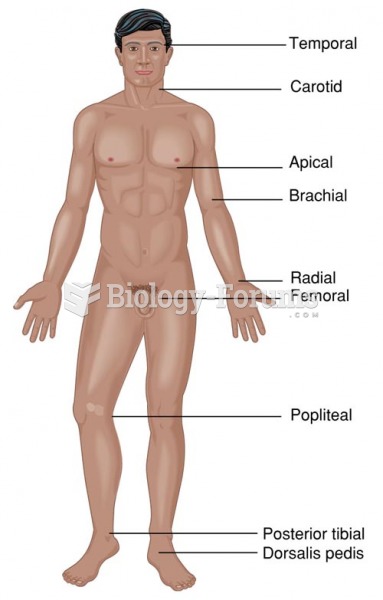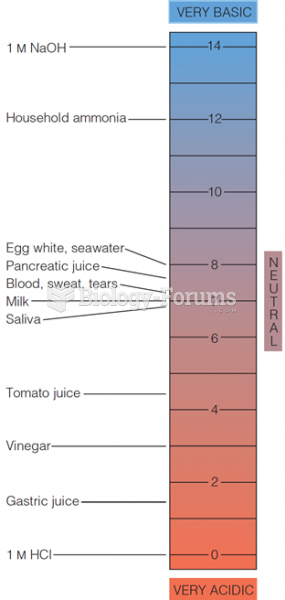|
|
|
There are actually 60 minerals, 16 vitamins, 12 essential amino acids, and three essential fatty acids that your body needs every day.
More than 34,000 trademarked medication names and more than 10,000 generic medication names are in use in the United States.
Most childhood vaccines are 90–99% effective in preventing disease. Side effects are rarely serious.
Certain topical medications such as clotrimazole and betamethasone are not approved for use in children younger than 12 years of age. They must be used very cautiously, as directed by a doctor, to treat any child. Children have a much greater response to topical steroid medications.
Signs and symptoms of a drug overdose include losing consciousness, fever or sweating, breathing problems, abnormal pulse, and changes in skin color.
 Nephroblastoma. A sectioned kidney reveals the presence of a very large tumor, which arose from feta
Nephroblastoma. A sectioned kidney reveals the presence of a very large tumor, which arose from feta
 A sidewheeler on the Mississippi. In 1856 Samuel Clemens became an apprentice to a steamboat pilot a
A sidewheeler on the Mississippi. In 1856 Samuel Clemens became an apprentice to a steamboat pilot a





